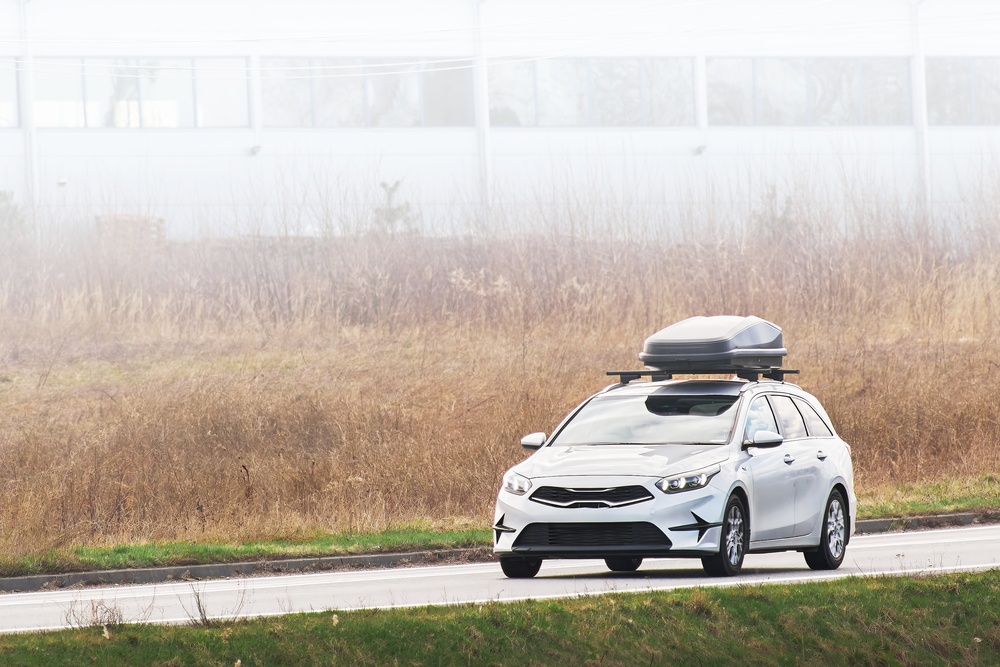Choosing between petrol and electric cars for Brisbane commuting can feel like navigating a complex driving test. Discover how your decision aligns with expert insights from the best driving instructors in Brisbane to make an informed choice for your daily commute. Brisbane, renowned for its beautiful weather and welcoming vibe, has its own unique traffic challenges. Navigating through the bustling streets while weighing performance, efficiency, sustainability, and cost can be daunting. Throw in the mix of public transport options like trains and buses, and it’s enough to make anyone’s head spin.
For many, the choice between petrol and electric is more than just a decision about fuel—it’s about lifestyle, values, and even personality. But don’t worry, we’ve got you covered with insights that will ease the decision-making process, whether it’s by analysing fuel economy and Brisbane traffic or by considering the advanced driving lessons in Brisbane to better prepare for the urban driving conditions.
Petrol Cars: Performance, Efficiency, and Affordability
Let’s dive into the world of petrol cars. The petrol car market has certainly evolved, and for a good reason. Petrol cars offer a familiar driving experience, known for their reliability and consistent performance. You know what to expect when you hit the accelerator—the roar of the engine, the seamless shifts, and the cheery hum as you coast through the cityscape.
There’s no denying the convenience factor here. With a widespread refuelling network, petrol cars ensure you’re never too far from your next refill. If you’re one who travels frequently and often off-the-beaten-path, this accessibility can be a lifesaver. And when it comes to affordability, especially with weekend driving lessons in Brisbane, petrol cars often present themselves as the more budget-friendly option, both in purchase price and repair costs.
The downside? Emissions. Petrol cars contribute to air pollution and the global carbon footprint. While they continue to become more efficient, they do carry long-term fuel expenses that can’t be ignored.
Electric Cars: Sustainability, Innovation, and Infrastructure
Enter the electric vehicle—a cruising symbol of sustainability and forward-thinking innovation. Going electric means stepping into a world powered by batteries and silence. It’s a novel sensation to glide without the usual engine noise, often requiring beginner driving courses in Brisbane to learn the unique handling involved.
The environmental appeal is undoubtedly the primary draw here. Emissions? Practically nil, except for those involved in electricity generation. Electric cars offer a cleaner, greener commuting option, championing the cause of eco-friendly choices. Plus, the cost of electricity compared to petrol can equate to significant savings over time.
However, a few bumps on the road still need navigating. Charging infrastructure is one such hurdle. Though expanding, finding a suitable charging station can be a challenge in certain areas. And let’s not forget the upfront cost, which remains higher compared to petrol cars. It’s a commitment, a decision to embrace the wave of the future.
Counterarguments: Addressing Criticisms and Misconceptions
While electric cars offer sustainability advantages, concerns about charging infrastructure and higher upfront costs can deter some potential users. Petrol cars, despite their widespread refuelling networks, bring issues related to emissions and long-term fuel expenses.
Electric cars, although regarded as the solution to many of our environmental woes, often face criticism over battery production impacts and electricity sourced from fossil fuels. Critics also mention the anxiety of running out of charge in a city, disrupting one’s ride when no charging point is nearby. But don’t rule them out just yet—a growing number of local driving schools in Brisbane are incorporating electric vehicle training in their curriculum, helping you get the most out of your eco-friendly commuting options.
On the flip side, petrol vehicles, despite being tried and tested over decades, are under fire for being less sustainable. Heavy emissions contribute to the city’s pollution levels, and with the way fuel prices fluctuate, running costs can keep rising. Yet their established infrastructure of quick-refuelling stands as a major advantage.
Conclusion: Takeaways and Expert Recommendations
After evaluating performance, infrastructure, and cost considerations, it’s clear that your driving needs and environmental priorities should guide your choice. Whether you choose petrol for its accessibility or electric for its eco-friendliness, aligning with Brisbane’s commuting demands is crucial. Start your journey with the right lessons and driving courses to enhance your driving experience.
For those leaning towards petrol cars, manual or automatic driving lessons in Brisbane can provide much-needed practice on different terrains and traffic conditions. The ease of accessible refuelling stations makes them a compelling choice for those frequently on the road. Meanwhile, the sustainability of electric cars invites drivers to explore defensive driving classes in Brisbane tailored to maximise their electric experience.
It’s not just about choosing a car; it’s about aligning your choice with a vision—one that supports your daily life while considering the broader impacts on our environment. Whether you’re going petrol or electric, remember that professional driving instruction in Brisbane is available to support every driver on their journey.
“







